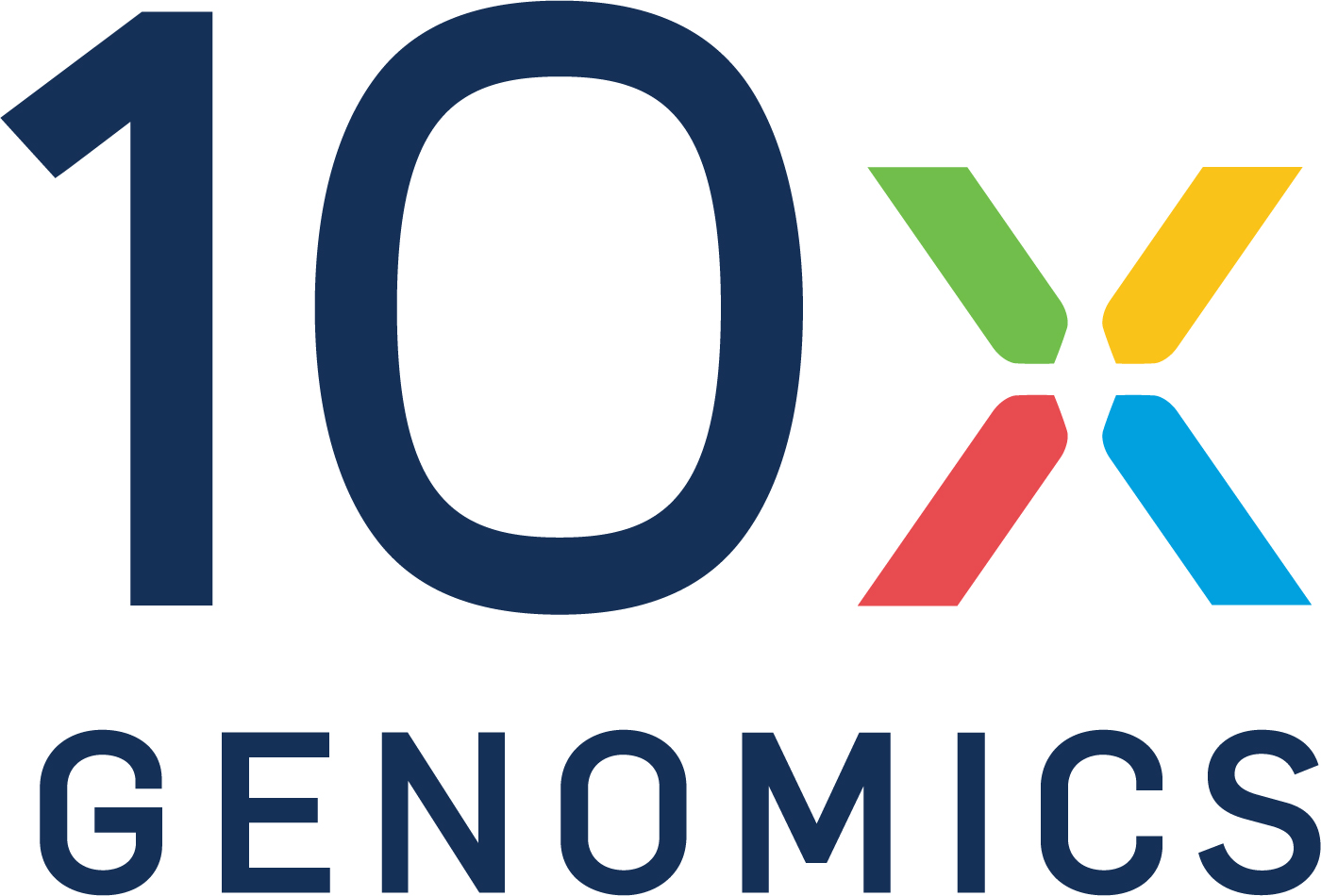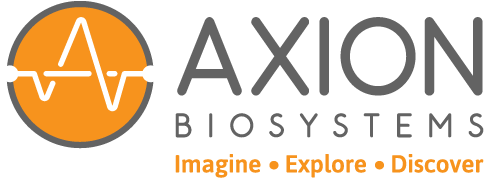Update: Virtual Meeting
Due to the continuing Covid-19 pandemic we’ve had to make the difficult decision not to hold the Development Meeting 2020 as an in-person event in September. However, we’re delighted to announce that the meeting will now be held virtually on Tuesday 8 – Friday 11 September. Please see further details below.
Should you have any concerns or questions, please contact our Events Team.
Virtual Meeting: From Stem Cells to Human Development
Organisers: James Briscoe, Barbara Treutlein and James Wells
Date: Tuesday 8 - Friday 11 September 2020
Location: Online
This meeting represented the fourth in our highly successful series of events focussing on human developmental biology. Since the initiation of this series of meetings in 2014, we have witnessed huge progress in the field, with more and more researchers turning to stem cell and organoid systems to investigate development and organogenesis in vitro, as well as increased analysis of human embryos and tissues to understand how these processes occur in vivo. Technological advances such as genome editing, single cell sequencing and improvements in tissue engineering now allow us to delve more deeply into the conserved and divergent processes underlying human development. Such knowledge is essential to underpin translational research into developmental disorders, to develop cell and tissue therapies, and to understand the origins and evolution of our own species.
As previously, this meeting brought together researchers working on a diverse set of questions – from early cell fate choices in the human embryo to tissue organogenesis, from genomics and epigenomics to the evolution of human traits. Despite this breadth of interests, the scientists involved were united by common challenges associated with working with human cells and tissues, and by a common goal to understand the similarities and differences between human development and that of other species.
Further information
The Meeting will now run over four days: Tuesday 8 – Friday 11 September. Each day will consist of two sessions running approximately 9.00am – 12.00pm BST and 3.00pm – 6.00pm BST. There will be opportunities in both sessions – as well as outside formal session times – to network with fellow delegates, meet the speakers and exhibitors, and present posters.
A more detailed programme will be available nearer the time. Please be aware that we may make changes to the exact timings as it becomes clearer where the majority of delegates are based. All talks will be recorded to allow delegates to catch up with sessions they were not able to attend live due to time zone restrictions.
Informal networking opportunities have historically been one of the most important aspects of this meeting. We hope to maintain the same interactive and collaborative feel at this virtual meeting – rather than have just another set of Zoom webinars. For this reason, we will be using software that facilitates extensive face-to-face meeting through video chat, and are limiting the number of places available for delegates. We hope that all attendees (including invited speakers) will commit to attending as many of the sessions as possible.
The deadline for applications has now passed.
#CoBHumanDev
Organisers & speakers
About time: the species specific pace of development
Barbara Treutlein ETH Zürich, Switzerland
Cerebral organoid development through the lens of single-cell genomics
James Wells Cincinnati Children’s Hospital Medical Center, USA
Using human PSC-derived tissues to model gastrointestinal development, disease, and diabetes
Human Pluripotent Stem Cells, Diabetes and Precision Medicine
Kevin Eggan Harvard University, USA
Villages in a dish: ensemble analyses of phenotypes in hundreds of stem cell lines
Jianping Fu University of Michigan, USA
Synthetic human embryo-like structures: A new paradigm for human embryology
Mingxia Gu Cincinnati Children’s Hospital Medical Center, USA
Endocardial contribution to cardiac development and disease
Meritxell Huch Max Planck Institute of Molecular Cell Biology and Genetics, Germany
Liver organoids to better understand human liver disease
Matthew Hurles Wellcome Sanger Institute, UK
The genetic architecture of developmental disorders
Wieland Huttner Max Planck Institute of Molecular Cell Biology and Genetics, Germany
Neural stem cells, human-specific genes, and neocortex expansion in development and human evolution
Frank Jacobs University of Amsterdam, The Netherlands
Human-specific NOTCH2NL genes and their role in human brain evolution
Karl Koehler Boston Children’s Hospital
Sensory organoids for modeling development and disease
Madeline Lancaster MRC Laboratory of Molecular Biology, UK
Unique aspects of human neuroepithelial tissue morphogenesis and expansion
Hanna Mikkola University of California, Los Angeles, USA
Mapping human hematopoietic stem cell development
Christine Mummery Leiden University, The Netherlands
Cardiovascular disease modelling and human iPS cells: where are we now?
Samira Musah Duke University, USA
Dissecting the mechanisms of human kidney development and disease by using iPS cells and organ chip technologies
Kathy Niakan The Francis Crick Institute, UK
Using genome editing and single cell approaches to study early lineage specification in human embryos
Giorgia Quadrato University of Southern California, USA
Modeling human brain development and disease at single cell resolution with brain organoids
Maike Sander University of California, San Diego, USA
Lessons from human stem cell models for pancreatic development and disease
Pontus Skoglund The Francis Crick Institute, UK
Reconstructing the genomic transition to agriculture in human prehistory
Kelly Stevens University of Washington, USA
Deconstructing and reconstructing developmental spatial transcriptomes
Azim Surani Wellcome Trust Cancer Research UK Gurdon Institute, UK
Tracing the specification and development of the human germline
Margherita Yayoi Turco University of Cambridge, UK
Endometrial and trophoblast organoids to study early human pregnancy
Ludovic Vallier University of Cambridge, UK
Using stem cells to understand the development of the human liver
Wei Xie Tsinghua University, China
Chromatin reprogramming and transcription regulation in early mammalian development
Registration packages
The fees include;
- Attendance at all presentations, networking and poster sessions
- Access to recorded talks, posters and other materials for up to six weeks following the Meeting
| PhD students /postdocs | Academia | Industry | |
| Until 17 July 2020 | £100 | £150 | £200 |
We do have some financial support available to delegates from lower/middle income countries or other delegates who would be unable to attend otherwise. Please contact us directly with any queries.












You must be logged in to post a comment.